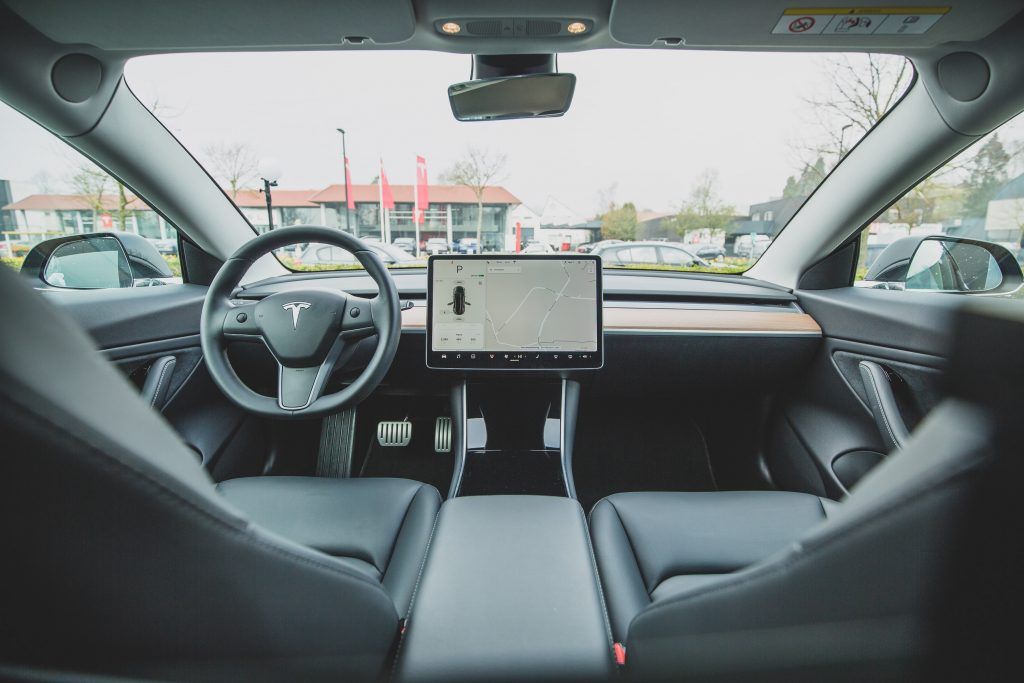Publicaciones relacionadas:
 5 ways the EU Space Programme makes urban mobility more sustainable
5 ways the EU Space Programme makes urban mobility more sustainable
 Spain wins the Environment category of the LIFE Awards
Spain wins the Environment category of the LIFE Awards
 Greek island Tilos picks up award for clean energy transition
Greek island Tilos picks up award for clean energy transition
 Building a sustainable future with the power of #EUSpace
Building a sustainable future with the power of #EUSpace
 Single European Sky: lowering emissions and reducing delays
Single European Sky: lowering emissions and reducing delays


Leave a Reply